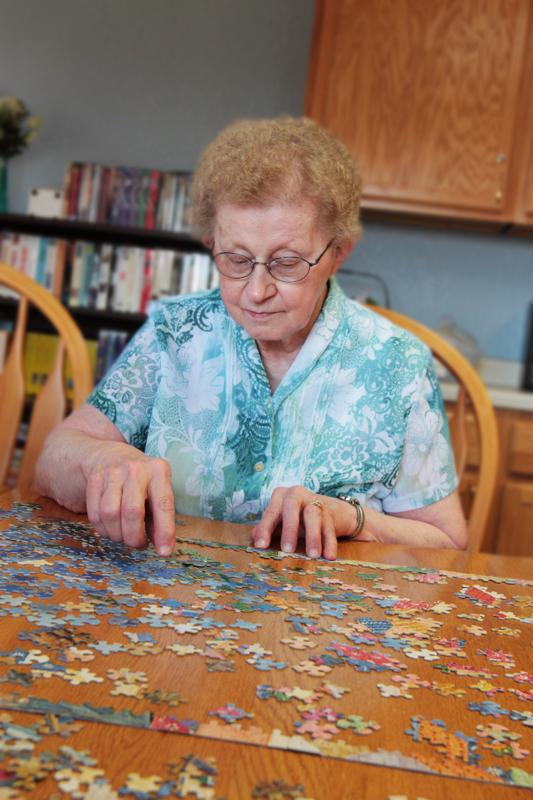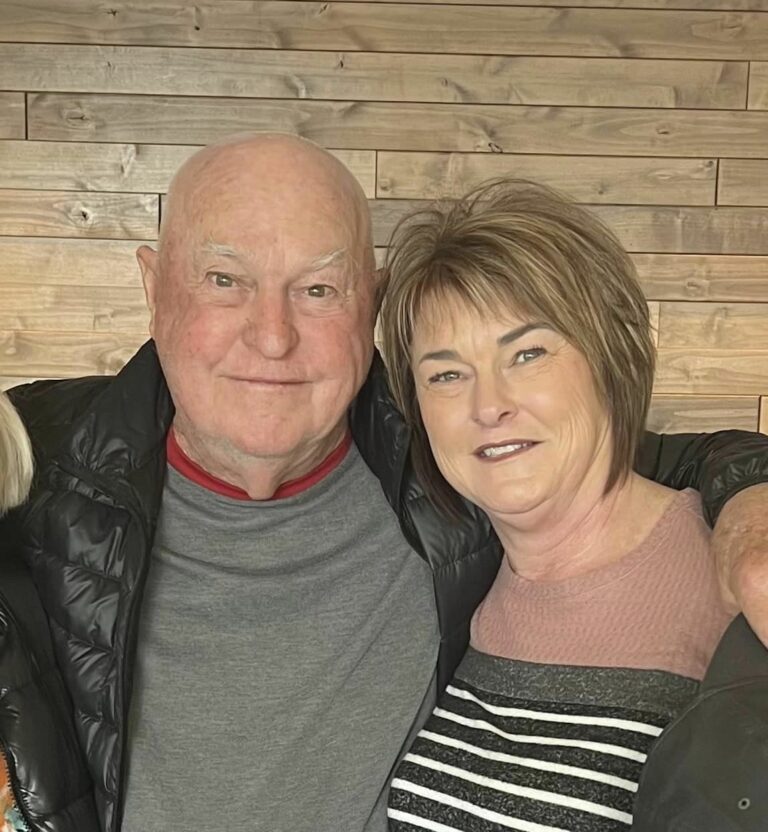
The thought process slows down as people age. You may take longer to remember things like where you left your house keys. Just as physical activity can help you stay fit, flexing your brain power has improved memory, problem-solving, and critical thinking skills. Seniors can benefit from exercising to keep their minds performing at their best. Here are some ideas to try:
Write
Many people keep a journal or diary when they are young to write down their thoughts, feelings, and events. This habit can be time-consuming, so it is often forgotten. Seniors can benefit from writing because it improves memory. While studying for tests in high school, you may have found that by writing facts down, you recalled them better. Consider keeping a journal to make use of this phenomenon. Note what you do each day and what you’re thinking about. It will soon become natural.
Find Senior Living Near Me
Puzzles
It’s not unusual to spot an area for solving jigsaw puzzles at a senior living community. Not only are these games fun to complete, but they work your brain! Noting the shape of each piece and rearranging everything to fit together gives your noggin some exercise. Start with more significant pieces and accessible images before moving to the 1000-piece puzzles with many tiny details. You’ll find these activities fun to do solo as you enjoy quiet time or in a group, and you can have some interesting conversations. Anyone can get into puzzles, so see if your kids or grandchildren want to play.
 Doing puzzles can significantly improve your memory and cognitive thinking skills.
Doing puzzles can significantly improve your memory and cognitive thinking skills.
Take Classes
While your school days are probably long, that doesn’t mean you should stop learning. Harvard University recommends seniors try new hobbies or learn new skills to keep their minds sharp. You can do this by taking classes! If you’re tech-savvy, consider taking a massive open online course. MOOCs, as they’re often referred to, cover tons of subjects, from gardening and social media to physics and anthropology. You may also attend courses at a local community college or adult learning center. Learning new things will create connections in your brain, improving your overall cognitive functioning.
Keep in Touch With Your Senses
Just like writing something down helps solidify your memory, using your other senses has a similar effect. Think about smell for a moment. Have you ever walked past a laundromat and had a specific laundry detergent scent remind you of a loved one? Sight, hearing, taste, touch, and smell can all significantly improve the power of your memories. To use all your senses, try to engage in every situation actively. For example, recall the smell of individual people’s perfumes if you’re at a family reunion. See their outfits and mannerisms and hear their voices. Remember the touch of their hand on your shoulder or the feel of their silky blouse when you hug. Actively using all your senses improves your memory and may solidify specific memories for years.




